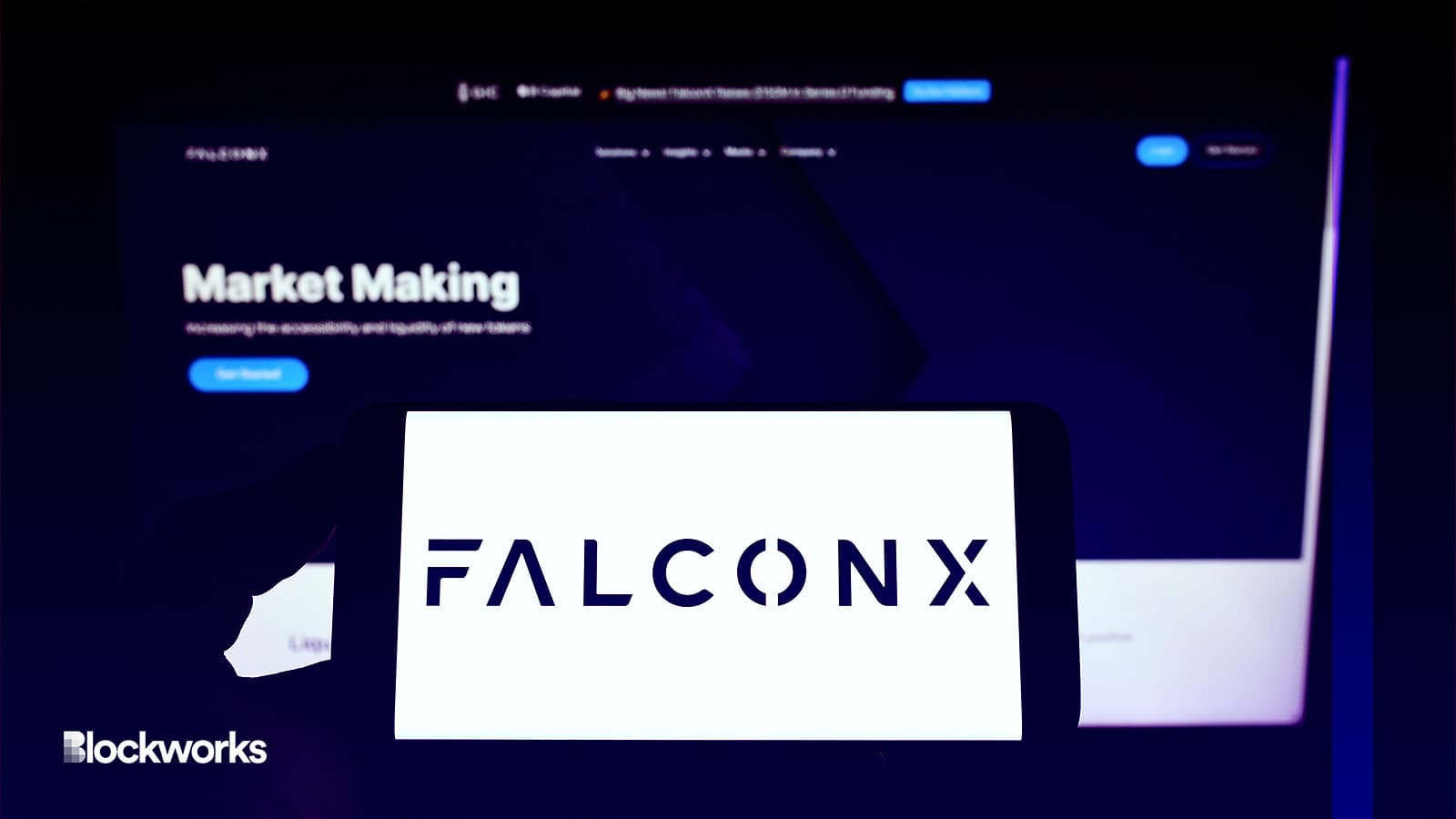FalconX leverages BlackRock’s index provider for crypto derivatives
FalconX said its products will encompass swaps, options and non-deliverable forwards, intended to provide exposure settled against reference rates from CF Benchmarks

T. Schneider/Shutterstock, modified by Blockworks
Crypto prime brokerage FalconX has begun offering a suite of derivatives contracts based on the same index as Blackrock’s bitcoin ETF, in a bid to foster “trust among institutional investors.”
FalconX said its products encompass swaps, options and non-deliverable forwards, intended to provide exposure settled against reference rates provided by Financial Conduct Authority-regulated crypto index provider CF Benchmarks, according to a statement.
The companies said they were responding to heightened demand for more transparent financial instruments within the digital assets sector by providing an assortment of derivatives contracts, based on consistent benchmarks.
“Derivatives benchmarked against resilient and regulated indices are the primary route institutions take to gain exposure to the crypto asset class,” Sui Chung, CEO of CF Benchmarks said.
Providing exposure to bitcoin (BTC), the contracts will be underpinned by the CME CF Bitcoin Reference Rate (BRR) for settlement while exposure to ether (ETH) will be settled against the CME CF Ether-Dollar Reference Rate.
The BRR, like ether’s, aggregates the trade flow of major bitcoin spot exchanges during a specific calculation window into a once-a-day reference rate.
Established in 2016, BRR serves as the settling index for futures contracts put forth by both the CME Group and Crypto Facilities MTF. It’s also used to determine the value of investment products from leading financial firms like WisdomTree Europe.
The contracts offered by FalconX match up with the same set of indexes as those proposed for BlackRock’s prospective spot bitcoin ETF in the US, filed last month.
The market is rife with speculation over whether the world’s largest asset manager can crack break through the regulatory red tape to get such a product approved in the US, as it has been in Canada and the European Union since 2021. If so, further institutional demand is expected to follow, providing an additional boost to regulated offerings at a time when larger players have begun asking for it.
Get the news in your inbox. Explore Blockworks newsletters:
- The Breakdown: Decoding crypto and the markets. Daily.
- 0xResearch: Alpha in your inbox. Think like an analyst.






